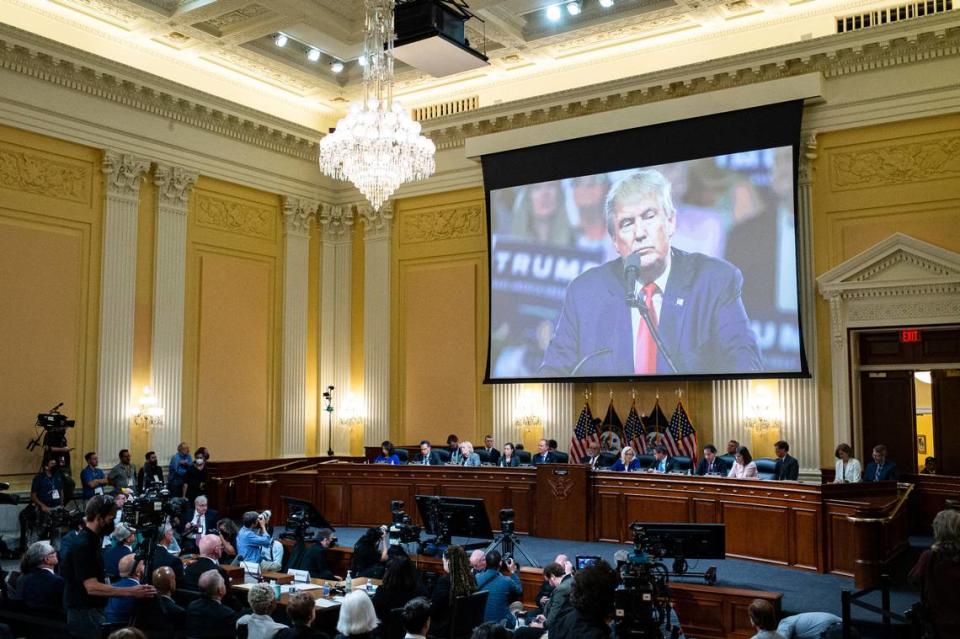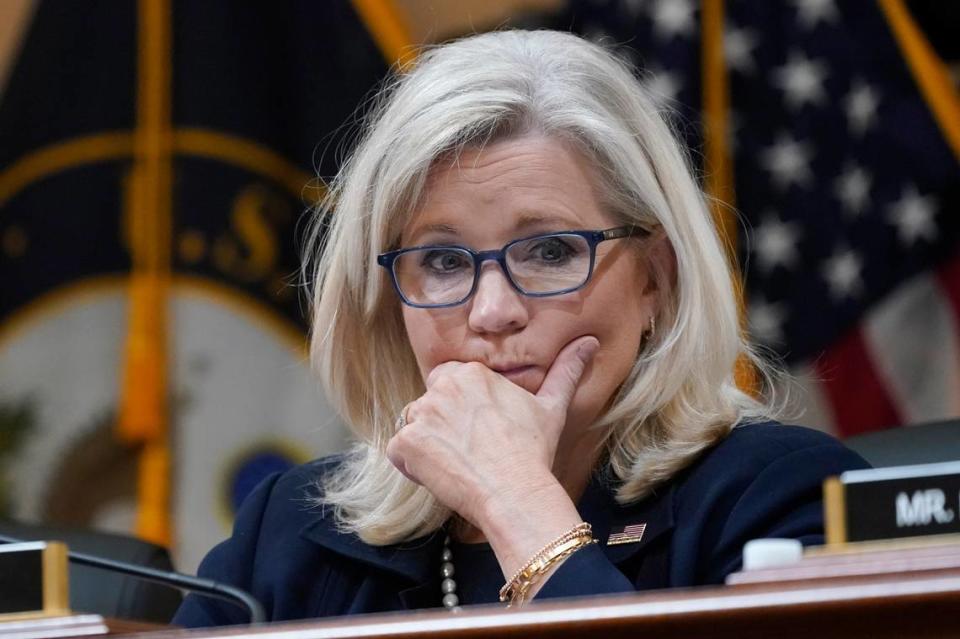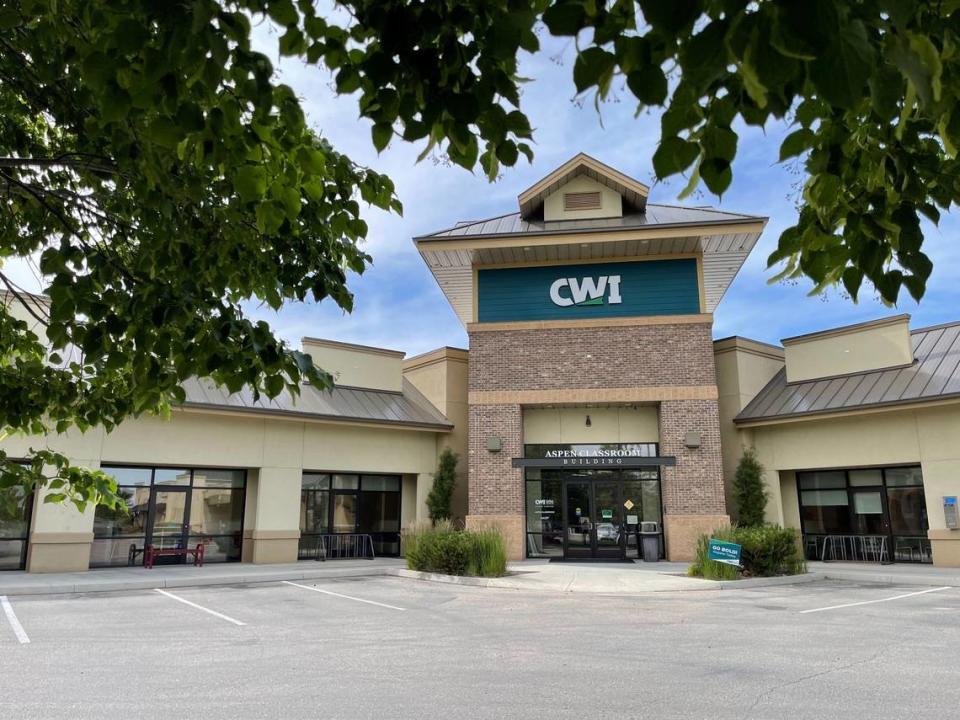The Idaho Way: With COVID-19 cases on the rise in Idaho, mask mandate debate reemerges
By Scott McIntosh, opinion editor
If you like this newsletter, forward to a friend or colleague, and they can sign up here.
Just when we had gotten used to that feeling of not having a mask on our face, the debate over whether to mask in public has resurfaced with a resurgence of COVID-19.

The Centers for Disease Control and Prevention this month determined that Ada, Elmore, Valley and Lewis counties are at high community risk, because of an increase in new hospital admissions per 100,000 people, the percent of beds occupied by COVID-19 patients, and the number of new COVID-19 cases per capita.
Based on those numbers, the CDC recommends all residents in those counties wear a well-fitting mask in public indoor settings, regardless of vaccination status.
That raises the debate once again whether to institute a mask mandate.
Boise city officials already discussed the possibility this week but chose to hold off on making any changes.
We all know where the Central District Health board stands. Led by Raúl Labrador and Ryan Cole, that board last month voted to remove any language about wearing a mask from its website and literature, referring instead to the CDC and letting people make up their own minds about whether they should wear a mask.
When it comes to wearing a mask, people are tired. When it comes to mandates, it’s clear some people won’t listen, and because Idaho’s public health laws provide for only a misdemeanor for violations — rather than a citation and a ticket, like for speeding — enforcement is untenable.
Read our full editorial here on why, mandate or not, wearing a mask is the right thing to do.
My next-door neighbor is a short-term rental

While the goal may be noble, I fear the city of Boise’s attempt to chronicle and regulate short-term rentals might not be worth the trouble. I’ve been back and forth on the issue of short-term rentals – residences that get rented out a couple of days at a time through such companies as Airbnb and Vrbo.
About three years ago, I wrote about my experience with a short-term rental on my street in Boise’s West End with an absentee owner. At the time, then-Mayor Dave Bieter was proposing some restrictions on short-term rentals, including prohibiting absentee owners, which sounded like a good idea to me. It’s one thing for an owner who lives in the home to rent out a basement apartment or an accessory dwelling unit, I argued, and quite another matter to have an absentee owner simply use their house as a hotel room. I saw first-hand the negative effects of the absentee owner rental on our street.
In the time since, that corner lot appears to have long-term renters and has since been fixed up, but our immediate next-door neighbors sold their house, and the new owners have turned it into a short-term rental.
So how’s it going? Read my full column here to find out.
Are East Idaho conservatives watching the Jan. 6 hearings?

Doyle Beck’s take on the Jan. 6 hearings was terse. “It’s a friggin’ joke,” he said. Beck, long a prominent member of the further-right faction of eastern Idaho’s Republican Party and a prolific funder of far-right candidates, is emblematic of the way a significant number of eastern Idaho conservatives are responding to hearings examining the violence of Jan. 6.
So if they’re not watching the hearings, what are they watching? Bryan Clark found out.
Follow Liz Cheney’s lead?

Idaho Sens. Jim Risch and Mike Crapo and Congressman Mike Simpson are political survivors. All held top leadership positions in the Idaho Legislature and now have lofty committee assignments in Congress. Crapo, who has served almost 30 years in Congress, is the ranking member of the Finance Committee and once chaired the Banking Committee. Simpson, who has held his job since 1999, is a senior member of the Appropriations Committee — which has been a cash cow for Idaho’s Second District. Risch has served 13 years in the Senate and is the ranking member of the Foreign Relations Committee. These are dream assignments for anyone in Congress.
So don’t expect Crapo, Risch or Simpson to follow the lead of Wyoming Sen. Liz Cheney anytime soon, writes Chuck Malloy.
Ready for recession?

Idaho has been in a lucky position for the last several years, with a booming economy, remarkably low unemployment and tax revenue that seemed to grow every year. Lawmakers have used those revenue booms to finance tax cuts, infrastructure spending and education funding improvements — though the latter two always seemed to be lower priorities than the first. But there is reason to believe that the job of lawmakers, county commissioners and city councils is about to get a bit harder, and they should be prepared for it.
Idaho’s community colleges should offer bachelor’s degrees

Now that College of Western Idaho has achieved such astounding success, it’s time once again for Idaho to follow in the footsteps of other states, as it did with CWI’s creation and assure that educational opportunities are available and accessible to students from all walks of life, not just those recent high school graduates searching for that college campus experience.
It’s time for Idaho’s community colleges to offer bachelor’s degrees, writes someone who knows about the subject, former Boise State University president Bob Kustra.
I’m listening
Send me your story ideas, news tips, questions, comments, or anything else on your mind. You can reach me via email at smcintosh@idahostatesman.com.
Find me on social media:
Twitter (my DMs are open)
What you’re saying
This week, we received letters to the editor on using housing vouchers, the benefits of ESG investing and one idea for the future use of Idaho Transportation Department land on State Street. You can read these and more letters by clicking here.
You can submit a letter to the editor or guest opinion by clicking here.
Like this newsletter?
If you like this newsletter, forward to a friend or colleague, and they can sign up here.


